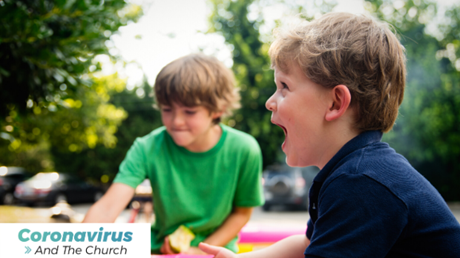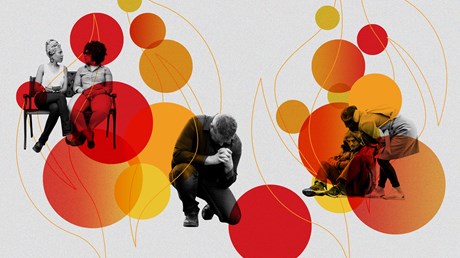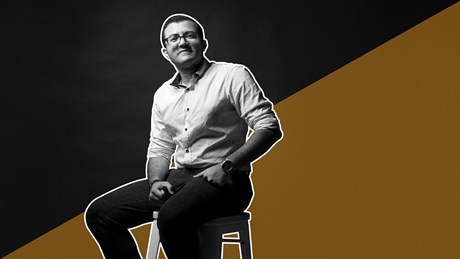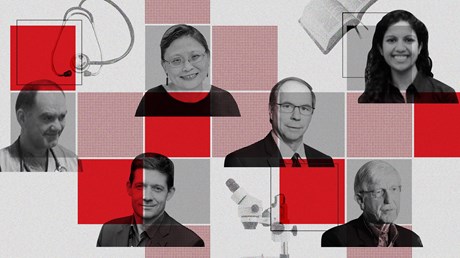What is a Christian to do when there's not enough to go around?

The weeks slide from our fingers as the pandemic’s first wave moderates—whether due to our quarantined culture or the wiles of viral behavior. Pressure mounts to resume some sort of normalcy. On the one hand, normal is impossible as long as a vaccine eludes us. But on the other hand, surviving a sustained shutdown is economically and emotionally infeasible. Thirty million Americans have lost their jobs, nerves are fried, and happiness stays socially distant.
Reopening America comes at a high price. Given what we know about the coronavirus and its effects, there’s a tradeoff to be calculated between economic livelihood and human life. The quarantine’s goal from the outset has been preserving hospital capacity for anticipated surges. America is a country where health care, while expensive and notoriously complicated, is regarded as more a right than a privilege. But if too many people get sick and health care resources deplete, rights give way to privilege. The better off get better while the poor and marginalized suffer.
Such is the way of life, some would say. Nature must run its course. The virus exposes a surplus population, the elderly, and the mortal sin of preexisting conditions. According to a recent Pew survey, a majority of people with no religious affiliation (56%) said ventilators should be saved “for those with the highest chance of recovery in the event that there are not enough resources to go around, even if that means some patients don’t receive the same aggressive treatment because they are older, sicker and less likely to survive.” Economists do the math: A life is worth X, a job is worth Y, toss in actuarial variables, and generate a value on which to base a decision. ...
from Christianity Today Magazine https://ift.tt/3d492WM





